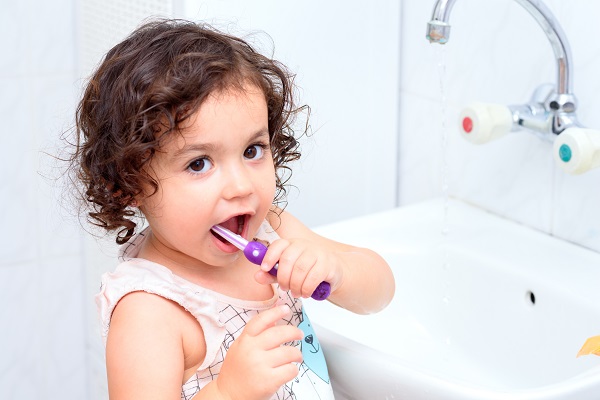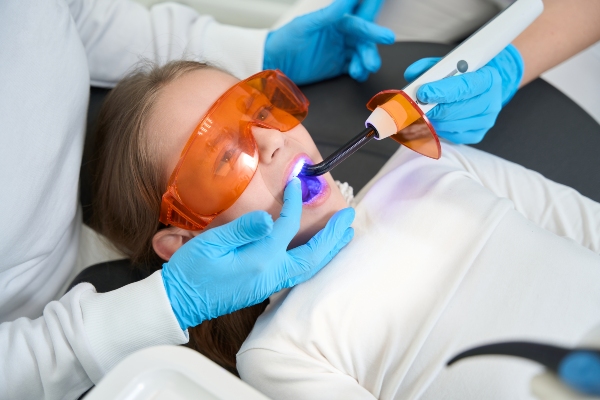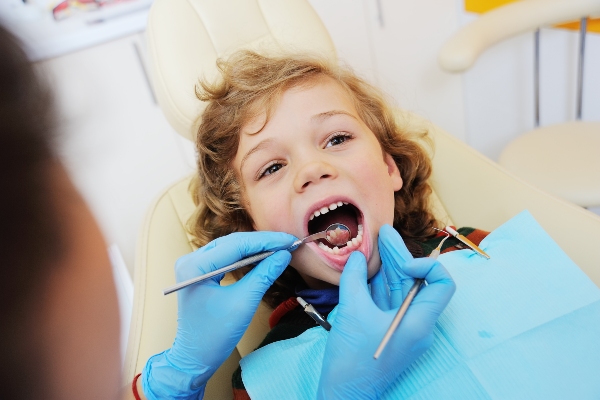A Pediatric Dentist Answers: Should I Pull My Child’s Loose Tooth?

The quick answer from a pediatric dentist: Do not pull your baby’s loose teeth. It is hard for children to chew if they have a loose tooth, so you may be tempted to assist with removing the teeth. The fact is that you should allow the tooth to come out on its own. Even if the loose tooth is stressing your child or causing sensitivity, it is better to wait instead of forcing it out.
What to know about loose teeth
Think of the tooth as a screw in a plaster wall. If you draw out the screw using a pair of pliers, you will end up pulling out part of the wall with it. However, if you unscrew the nail gradually, the wall will suffer less damage. Baby teeth are the same. The teeth are held in position by the gums and connective tissues in the mouth. Pulling out the teeth forcefully and prematurely can harm the soft tissues and cause excessive bleeding or pain in the roots. Absence of pain is the best sign that the tooth is ready for removal. If the child can turn the tooth 90 degrees or rotate it without any discomfort, then it is probably due for removal.
How to handle loose teeth
If the child is ready to lose the tooth, tell them to shake it with the tongue, but keep their hands away from it until the tooth is almost due for removal. Keeping fingers out also helps to prevent the introduction of germs into the mouth.
If the child keeps pulling, rotating or wiggling the tooth, provide them an apple. The force needed to bite down on the apple may dislodge the tooth (if it is ready for removal) or loosen it in its socket without causing damage to the gum tissues.
If the child is dealing with sensitivity from the loose tooth, help them cut foods into small pieces or provide soft foods. The tooth will loosen slowly from chewing, but this will help prevent pain from biting and tearing the food. Advise the child to brush and floss their teeth normally. If the tooth has been loose for too long, you may need to call or visit the pediatric dentist.
Know your child
Children respond differently to their first loose teeth. Some find the entire situation fascinating and do not worry about it, while others may be concerned that a part of their body is behaving strangely. Some children may wiggle and pull the tooth, while others refuse to use or touch the tooth completely.
Final note
You have probably forgotten what it felt like when you had your first loose tooth. A loose baby tooth is a regular occurrence and marks the beginning of permanent teeth. If your child is worried about their teeth, reassure them that the feeling is only temporary. Let them know that it is normal for the baby tooth to loosen and come out to be replaced by the adult teeth growing below them. Whatever you do, do not attempt to force the tooth out of its socket. If you have additional questions or concerns, contact a pediatric dentist.
Request an appointment here: https://www.hvkidsmiles.com or call Hudson Valley Pediatric Dentistry at (845) 363-4177 for an appointment in our Middletown office.
Check out what others are saying about our services on Yelp: Read our Yelp reviews.
Recent Posts
Dental fillings for kids restore the smile for years to come. Proper aftercare and consistent oral hygiene help to ensure your child gets the most out of their fillings. Thankfully, caring for these restorations is simple and straightforward, particularly with the help of a pediatric dentist.A dental filling is a dental restoration that “fills” cavities…
Dental fillings are a key part of protecting children’s oral health. When prevention efforts fail, this simple procedure stops cavities from doing further damage to dental health. Here, we take a closer look at the benefits of treating childhood tooth decay with dental fillings for kids.According to the Centers for Disease Control and Prevention (CDC),…
Cavities are a common dental health issue, and as kids learn to care for their teeth, they are often more prone to developing them. Dental fillings for kids can help avoid future oral health complications and protect their young smiles. Here are the basics of the treatment process that you should know as a parent…
Curious about dental fillings for kids? Read on to learn more. As your kid ages, you most likely have many questions about their overall health. Questions like "Are dental fillings for kids necessary?" or "What happens to baby teeth with nontreated cavities?" These are crucial questions to think about, and this article addresses them so…


